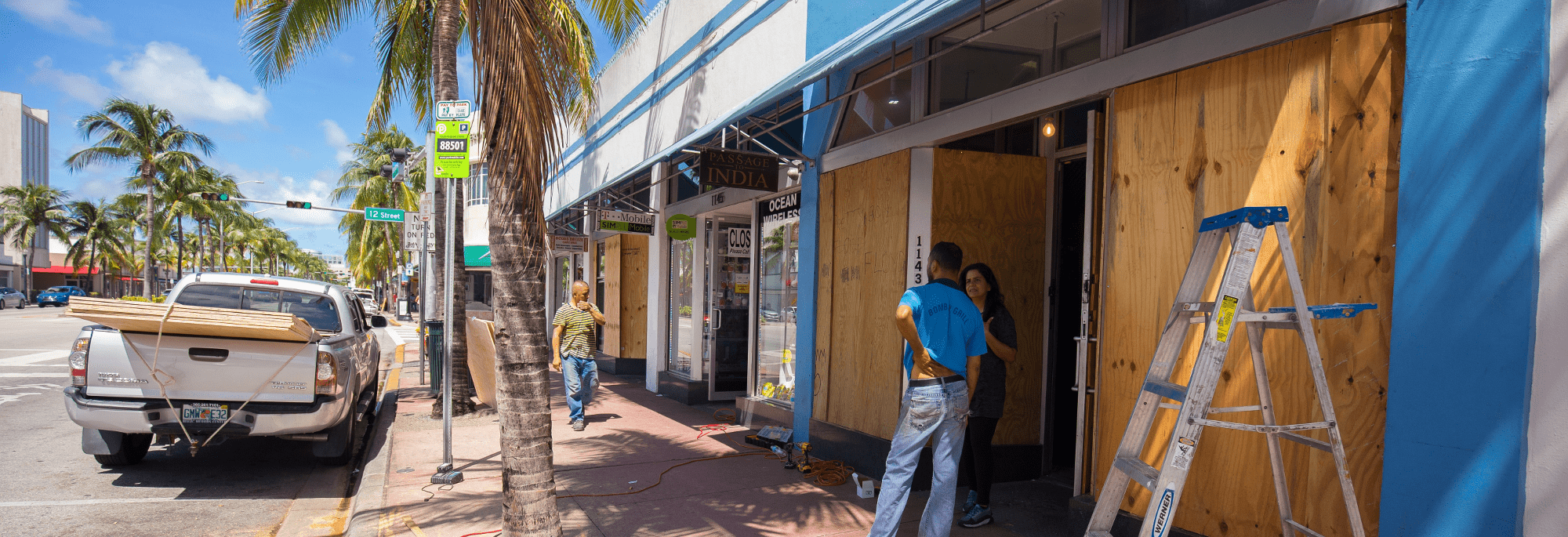Mitigation Matters Report Submission Guidelines

These guidelines are intended for recipients of the Mitigation Matters Research Award Program.
We Can Answer Your Questions!
We are here to support you at every stage of the writing process. Not sure how to format a reference? Torn by word choice, or acceptable acronyms, or any other sort of writing quandary? Please contact the Natural Hazards Center editing team with any questions.
Overview
Mitigation Matters Awardees will submit a 20-page (~5,000 word), double-spaced report that will be published on the Natural Hazards Center Mitigation Matters Reports page. Your report should concisely summarize your research and include an abstract, introduction, literature review, research design, results or findings, discussion, and conclusion.
Template
Download the Report Template below and save it as a Word document. The template has pre-formatted headings and instructions that will help you create your report. Scroll to the end of the document for a checklist of all our style requirements. Please review this checklist prior to submitting your final report to ensure it complies with our guidelines.
Report Due Date
The reports for the Mitigation Matters Research Award Program are due no later than six months following award activation. Submit your report as a Word document (with photos submitted as separate JPG or PNG files) to the Natural Hazards Center at haz.research.awards@colorado.edu. Please do not submit your report before reading the submission guidelines in full.
Peer Review Process and Final Submission
If your report adheres to the guidelines, it will then enter the peer review and copyediting processes. The list below describes the steps in this process and important dates.
- Peer Review. Two reviewers will read your draft report and provide you with detailed written comments and suggestions for revision within 4 weeks of submission.
- Revised Report. You will be asked to revise your report in response to reviewer comments and submit a revised version by an agreed-upon deadline.
- Copyediting. The Natural Hazards Center staff will copyedit the revised draft and provide additional comments. You will be contacted to approve any editorial changes.
- Publication. The Natural Hazards Center staff will then work to publish your report online with any photos, images, or multimedia items that are included in your submission. After the report is finalized, it will be posted on the Natural Hazards Center Mitigation Matters Report Archives page and widely promoted.
Style Guide
Before you start writing, please review our Natural Hazards Center Publication Style Guide. The style guide answers frequently asked questions about our writing style and how to format headings, tables, figures, block quotes, appendices, and more. Reports that do not follow the style guide will be returned to the author for further revision.
Author Bios
Prior to submitting your final report, please make sure all authors submit a biography, photo, and current email address using this online form.
Project Photos and Other Multimedia
We strongly encourage you to submit photos, images, videos, or other multimedia depicting your research. Such items will help illustrate the value of your research while also making your online report more visually appealing. If your photos or videos include identifiable images of project participants, you must obtain their permission to share their image online.
For guidance on taking photos, please read this list of tips on Photography Basics for Researchers from the CONVERGE Extreme Events Research Check Sheets. You may submit up to 10 photos or images depicting your project site or activities. Due to space limitations, we may not be able to include all submissions. All photos or images should be attached as separate image files, such as JPG or PNG, and not embedded in the Word document.
If you would like to incorporate other types of multimedia in your report, please review the CONVERGE check sheets on Multimedia for Researchers: Techniques and Ethics and Videography Basics for Researchers. Please contact haz.research.awards@colorado.edu for information on how to submit multimedia items.
About the Mitigation Matters Report Series
The Mitigation Matters research program enables innovative natural hazards mitigation research.
FEMA defines mitigation as the effort to reduce loss of life and property by lessening the impact of disasters. Effective mitigation requires that we all understand local risks and invest in long-term planning to reduce risks and enhance community well-being.
The Natural Hazards Center has partnered with the Federal Emergency Management Agency (FEMA) and the National Science Foundation (NSF) to create the Mitigation Matters Research Award Program which provides small awards to researchers to conduct studies on hazards mitigation. The series is designed to help researchers to share their results quickly in order to help inform the public, policy makers, journalists, and other academics who can draw from this work to make evidence-informed decisions that benefit communities preparing for or affected by disaster. The Natural Hazards Center promotes the reports widely through our website, social media, and online publications. We encourage authors to share the reports as well and to build on initial findings to develop future peer-reviewed publications, grant proposals, and other collaborative activities.
Questions?
If you have any questions, please contact the Natural Hazards Center team at haz.research.awards@colorado.edu.
